Cherokee Nation Indian Child Welfare representative investigating program
TAHLEQUAH – Sally Wilson, a supervisor for Indian Child Welfare with the Cherokee Nation, can cite disagreeable examples of Cherokee or Native overrepresentation and underrepresentation in federal and state programs.
She can point to overrepresentation in the foster system.
“Cherokee Nation is involved in child welfare cases all over the United States,” Wilson said. “However, most of our cases are in Oklahoma where the disproportionality rates are astonishing. There are reported to be around 6,000 children in foster care across the state and according to our data, approximately 11% of those children are Cherokee. This amount has been consistent for the past 10 years – the amount of time I have been heading up recruitment of foster and adoptive families for our tribe.”
Then there is underrepresentation in some helpful personnel enhancement programs, such as Minority Professional Leadership Development, for which Wilson was chosen. It is administered from within the U.S. Department of Health and Human Services.
“They’re trying to get new leaders in the community to help with youth – minority leaders specifically,” she said. “The Children’s Bureau oversees it, and they help do the evaluations and they fund the project. It is intended to grow minority leaders throughout the country, but there is limited representation when it comes to Native people. I don’t know if it’s because they don’t know to apply or maybe they’re just not applying. I heard it through our director, and it was suggested that I apply for it. I did and I was fortunate to get it.”
Today, Wilson’s work includes the gathering of data and research through the Action Research Project.
“It can include a number of things,” she said. “Some people want to look at reunification of children to their families, or they want to look at what’s happening or what are we doing – maybe how can we change systems for children that are aging out. I’m looking at what can be done to help change systems that will positively impact our families that are overrepresented in the child welfare system.”
The MPLD program lasts 12 months and is intended specifically for emerging leaders within minority child welfare. There is a selection process each year from candidates across the U.S., many of whom are African American or Hispanic.
“I believe this year they picked 23 out of all of the applications,” Wilson said. “You’re exposed to a lot of experts throughout the country, and you get mentorship opportunities, and then you start your work on some research. You develop what’s called an action research project. They really want you to focus on something that you see needing improvement in your agency, in your tribe, whatever that may be.”
With a higher chance of being placed in care away from home, Native children are also four times more likely than other children to be placed in a household with people of a different race.
“About 11 percent of the children that are placed in out-of-home care are Cherokee children alone,” Wilson said. “All these rates of disproportion are out there, and there is some implicit bias that plays into that. It isn’t something people would say is intentional, but it is definitely there. We’re still faced with many of the same battles they were facing when (the Indian Child Welfare Act) was first implemented in 1978.”
The MPLD is described as open to people from cultural, ethnic and racial groups with a historically disproportionate number of children in care. The program requires at least five years of experience working in U.S. child welfare, and the fellowship is further intended for emerging leaders. Candidates are expected to have an undergraduate degree.
Information about eligibility and application requirements is available at:
professionals.adoptuskids.org/how-to-apply-for-the-leadership-program/.
*





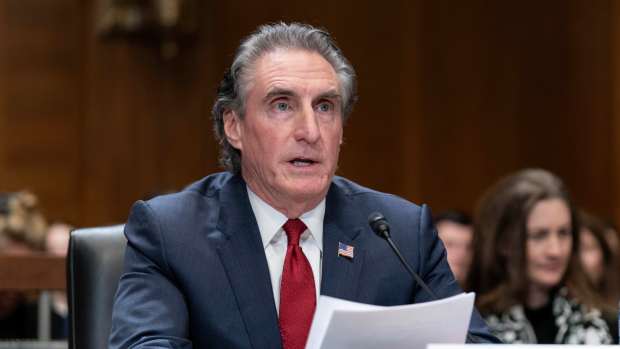
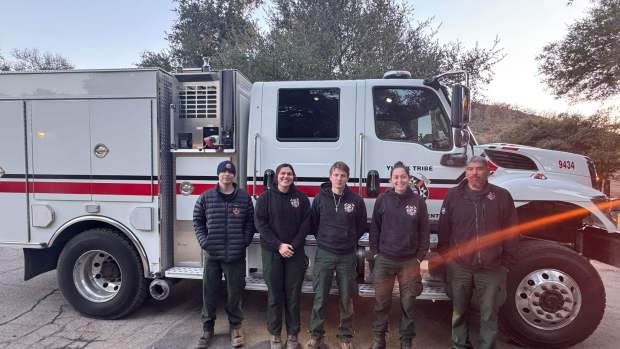
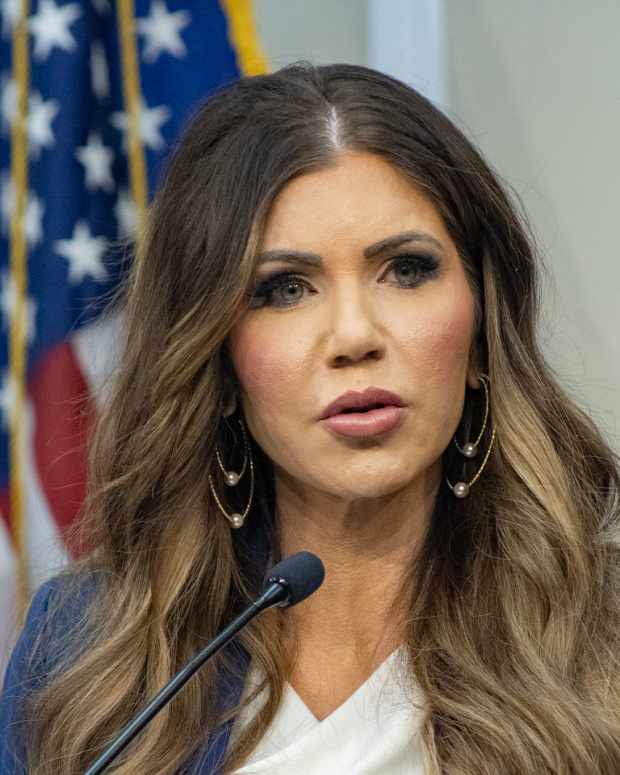
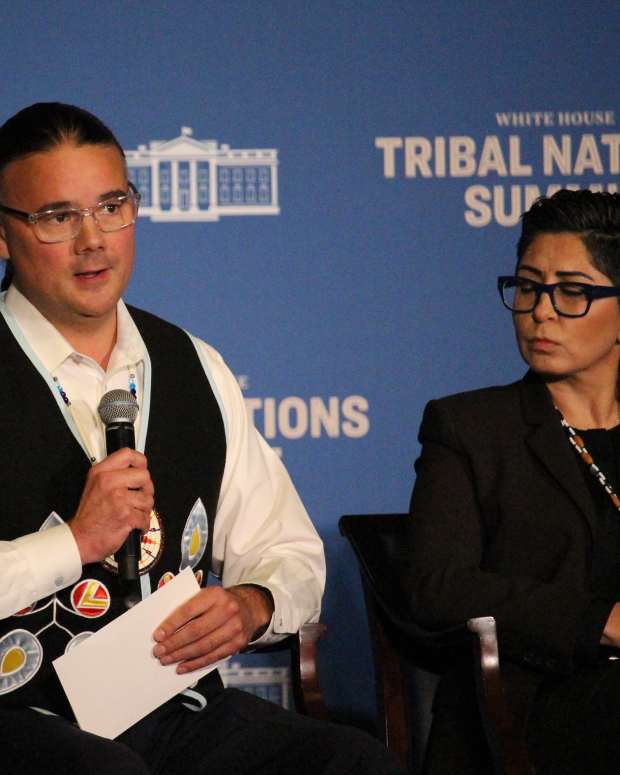
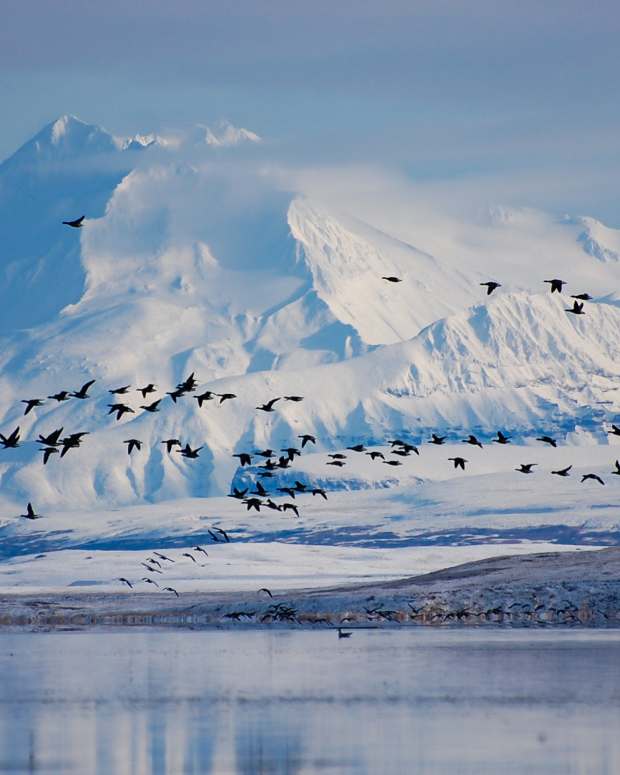
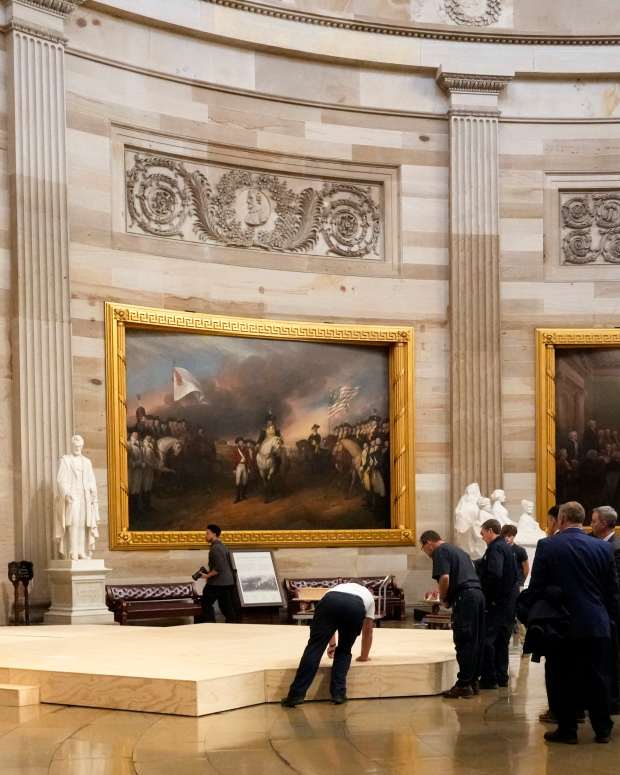
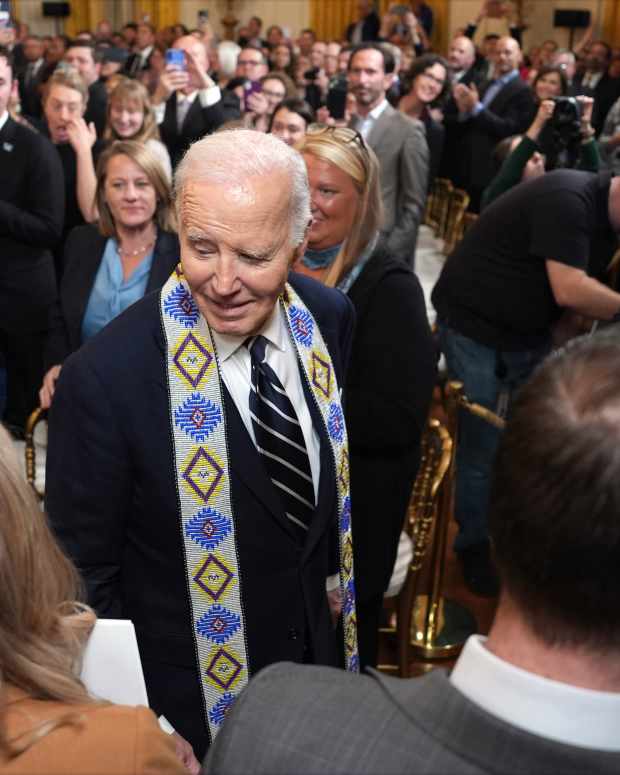
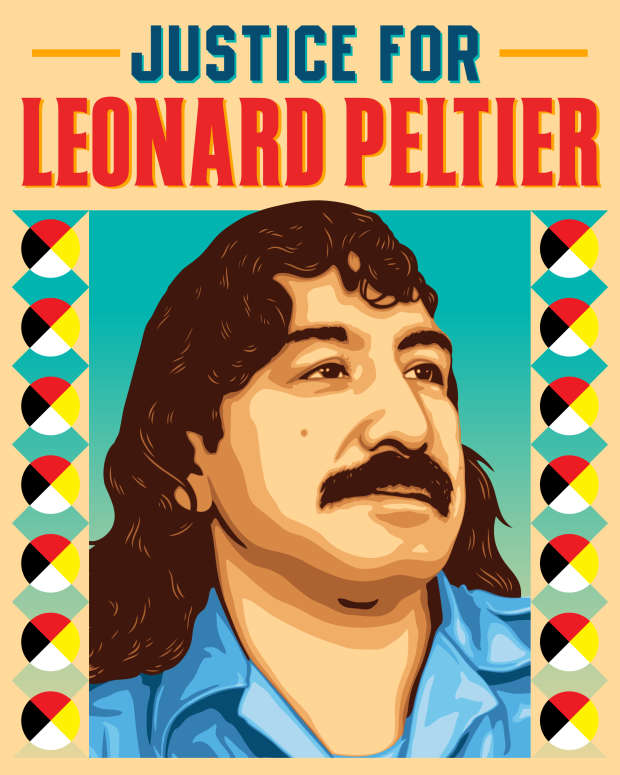

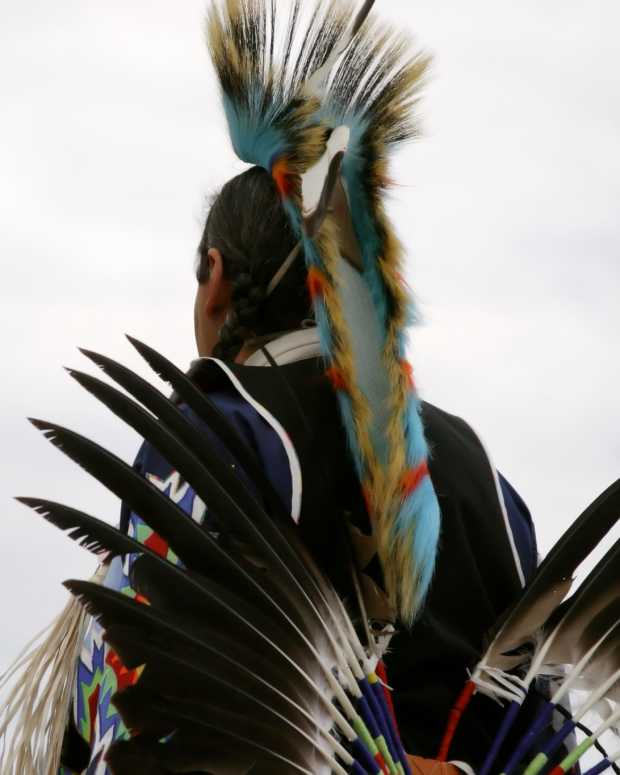
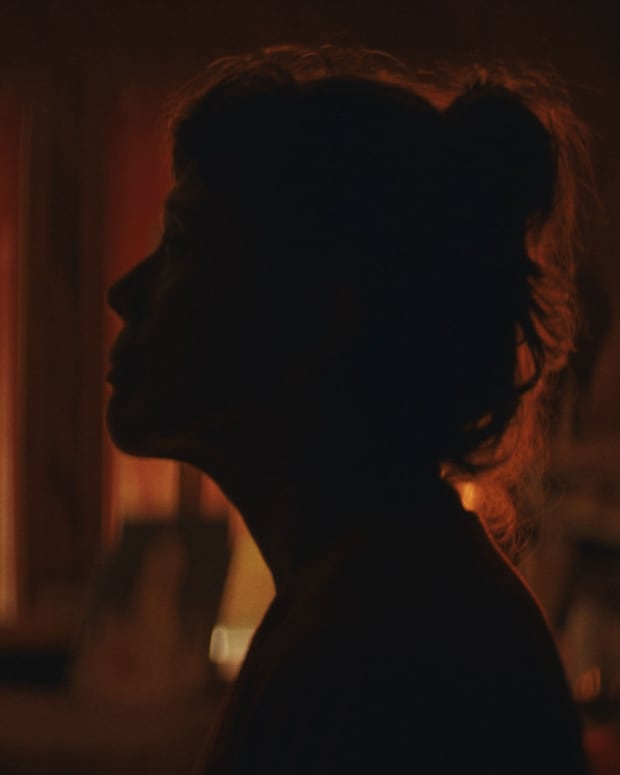




















No comments:
Post a Comment
Please: Share your reaction, your thoughts, and your opinions. Be passionate, be unapologetic. Offensive remarks will not be published. We are getting more and more spam. Comments will be monitored.
Use the comment form at the bottom of this website which is private and sent direct to Trace.